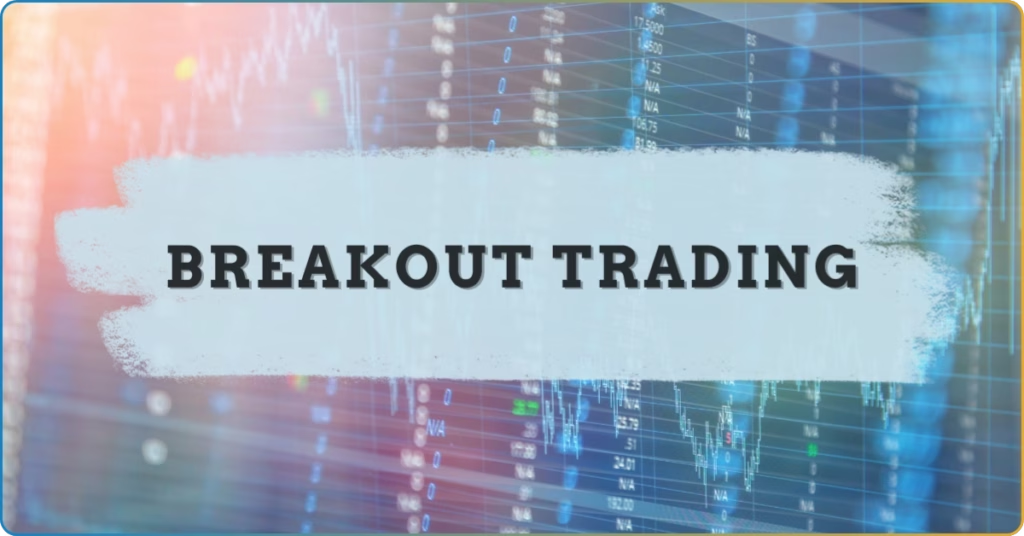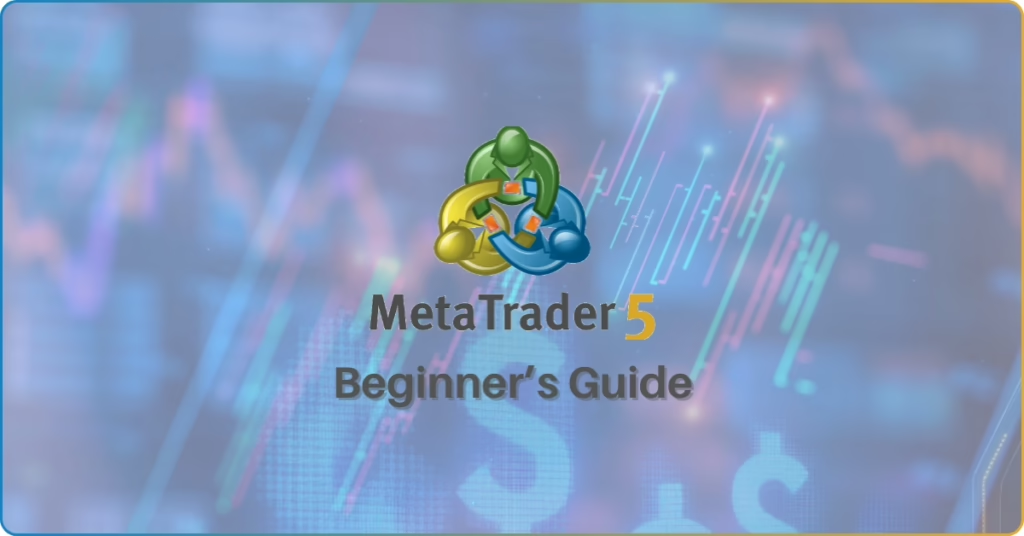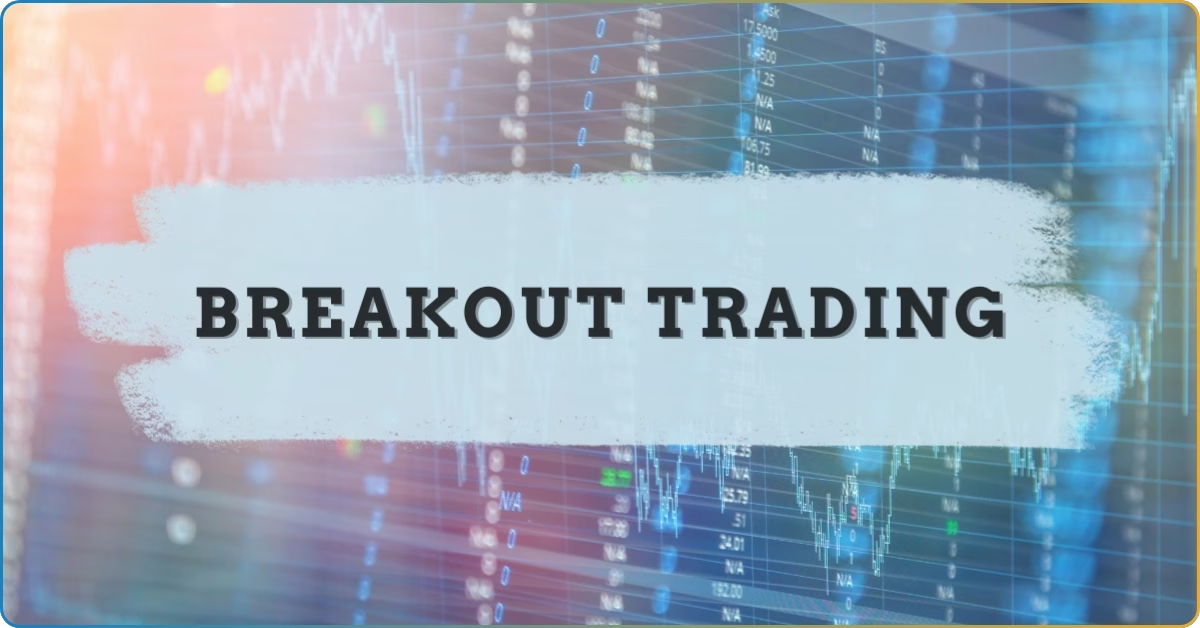Internet and technology advances day by day.
With this, social media has become more than just a platform for connection—it’s now a hotspot for financial insights, investment tips, and, unfortunately, fraud.
Fraudulent brokers and scam operations have found fertile ground on platforms like TikTok, Instagram, Facebook, and Telegram. How?
Simple – they use anonymity to protect themselves, algorithms to prey on unsuspecting traders, and promise lucrative opportunities or mimic a reputable company to scam their targets.
These scammers exploit the optimistic drive of new investors seeking profits and the desperation of struggling traders looking for recovery solutions. Without strict oversight, social media has become the perfect avenue for these schemes.
This guide explores how fraud brokers use social media to scam traders and provides actionable tips on safeguarding your investments from these risks. Read on to protect yourself from the lurking dangers when you’re on social media.
The Internet, Social Media, and Unsuspecting Investors
The internet and social media are both instrumental in helping you (online investor) fulfill your investment goals.
Social media is one way to easily connect with experienced investors and learn from their insights. Doing such is a valuable practice as it allows you to make informed investment decisions.
On the other hand, the internet is your way to access the virtual financial market and ultimately profit from it.
However, behind these benefits is the dark side of the internet and social media, which could lead to financial ruin.

Disinformation and misinformation run rampant on the internet and different social media sites. Since most platforms are self-regulated, they have full discretion in managing and regulating the dissemination of information within their respective platforms.
Often, such automated and algorithmic content management leisurely ignores fraudulent activities.
This makes the internet and social media breeding grounds for fraudsters who aim to target your optimism with lucrative online investment opportunities.
Fraud Brokers Use Social Media to Target and Scam Traders
Social media has become a powerful tool for scammers, leveraging its reach, anonymity, and influence to lure unsuspecting investors.
Scammers exploit the optimism that drives people to social media in search of profitable investments, hiding behind fake profiles, advertisements, and fraudulent success stories that seem too good to pass up.
Social media is a quick and convenient way for new investors to discover potential opportunities to grow their capital. In contrast, those facing losses turn to social platforms, hoping for tips or strategies to recover their investments.

This search for guidance makes both groups highly vulnerable; scammers recognize and exploit this need and desperation.
The Unregulated Social Media Content Moderation Remains the Problem
The largely unregulated environment of major social media platforms exacerbates the problem. Without strict oversight, fraudulent investment schemes can operate freely, amplifying the reach of scammers to millions.
According to the Online Fraud Charter and UK Finance, an alarming three-quarters of all online fraud originates on social media platforms, underscoring the scale of the threat. The lack of regulation creates an ideal environment for fraudsters to deceive investors with fake endorsements, testimonials, and high-pressure sales tactics, often persuading victims to part with their money quickly.
The Financial Sector Conduct Authority (FSCA) Warns Investors on FSP-Impersonators Operating on Social Media
In 2024, a South African investor dealt two consecutive blows from social media scams. The investor complained about the impersonator they encountered on TikTok, purporting to be from International Capital Markets (IC Markets).
The impersonator was said to promise the complainant a high payout in exchange for an initial investment. After meeting the requirement, the complainant was then asked to make an additional deposit to withdraw the earnings.
Sensing the unfair withdrawal procedure, the complainant ran to Facebook to seek assistance; which she found. However, only did they know it was another scam waiting to get their hard-earned money.

After the FSCA received the complainant’s case, it released a public warning about the rising scam operations on social media platforms like TikTok, Facebook, Telegram, WhatsApp, and Instagram.
The regulatory body encouraged unsuspecting investors to be vigilant when dealing with investment in unregulated environments like social media sites.
Overview of Impersonation Schemes
Broker impersonation is a common practice of fraudsters to perform scam services to online traders. Regulators consider it as the oldest form of scam, but its prevalence is still evident to this day.
A fraud entity mimics a certain reputable or regulated brokerage firm to create the appearance of legitimacy. When combined with lucrative promises, such an illusion lures unsuspecting investors into buying their investment products or services.
A fraudster impersonates an existing financial service provider by doing the following:
- Creating social media accounts that mirror a particular FSP. This includes using an almost similar name, logo, address, regulation, and investment products/services.
- Making web pages with almost the same domain and design as its target FSP.
- Redirecting the followers of the target firms into its clone website through social media interactions.
Being proactive is the best way to ensure you’re investing with a legitimate firm. This includes checking the regulatory compliance of a service provider, checking its licenses and reference numbers, and cross-checking such information with the regulators’ database.
Another way to prevent such scams is to join a verified and regulated online trading community. Doing so allows you to connect with credible information from verified traders – not those from marketers whose goal is to persuade you to buy their products.
How Not to Be a Victim of Online Investment Scams
There’s no denying the unfortunate and rapid growth of different forms of online investment scams. However, this doesn’t mean falling victim to such practices should become a staple experience for online traders.
Here are the best practices you can do to minimize the risk of these online investment scammers running away with your hard-earned money.
Research the Regulatory Compliance of the Broker
Start by verifying that the broker or investment platform is registered with legitimate regulatory bodies in your region. If you’re a South African investor, the FSCA is the government entity that safeguards the country’s financial markets.
Regulatory registration doesn’t guarantee success but does mean the firm has passed certain compliance standards.
Always check the regulatory website directly rather than relying on links or claims made by the broker.
Scrutinize Documentations
Review any documents, terms, or agreements the broker provides.
For brokerage companies, withdrawal policies, fees, and risk disclaimers should be among the first considerations.
Scammers often hide unfair fees, lock-in periods, or vague terms that allow them to deny withdrawals or obscure their operations. Be cautious of investment promises that sound overly complex or lack transparency.
Check If It’s Just a Ponzi Scheme
Ponzi schemes rely on a constant flow of new investors to pay returns to earlier investors, making them unsustainable and fraudulent. Be wary of any investment opportunity that guarantees high returns with little or no risk, especially if it encourages you to recruit others to join.
A legitimate investment will involve some level of risk and won’t require new investments to sustain the promised returns.
Join an Online Trading Community
Participating in reputable online trading communities can help you stay informed about potential scams and get feedback on brokers or investments you’re considering.
However, even within these communities, remember to be cautious and avoid taking unverified advice from strangers.
Instead, use the community to get leads on trusted sources, and always do your own research.
Why You Should Be Extra Mindful on Social Media
The rise of social media investment scams is a serious threat to traders, particularly those new to online investing or struggling with losses.
Fraudsters are skilled in exploiting emotions and creating a false sense of security; thus, staying safe is mostly in your hands.
Awareness and caution are the most effective defenses against social media scams – which a verified online trading community provides. Joining a trusted community would help you make safer, more informed financial decisions in an environment increasingly vulnerable to fraud.

















